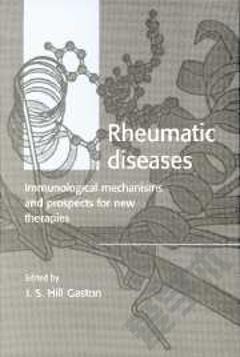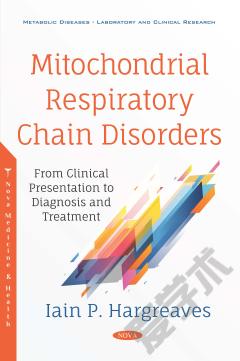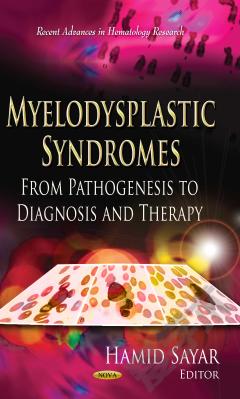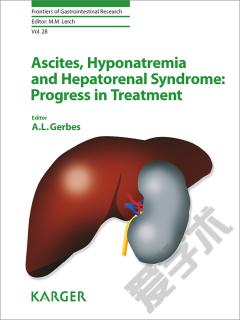Meconium Aspiration Syndrome: From Pathomechanisms to TreatmentRUSH
Meconium aspiration syndrome (MAS) is a major cause of respiratory morbidity and mortality in the term and post-term newborns. Aspirated meconium obstructs the airways and subsequently may cause an alveolar atelectasis behind the plug, air-trapping, and air leak. In a very short time after the aspiration, meconium triggers a progressive dysfunction of pulmonary surfactant, chemical pneumonia, and ventilation/perfusion mismatch, which often leads to persistent pulmonary hypertension. Due to complex pathophysiology and multiple interactions between the individual pathomechanisms, MAS is often difficult to treat. Therapeutic protocols usually include airway suctioning, ventilator support or artificial ventilation, in severe cases also administration of exogenous surfactant, inhaled NO, partial liquid ventilation, or anti-inflammatory treatment. Growing information on the role of various pathomechanisms participating in the meconium-induced respiratory, inflammatory, and cardiovascular changes widens the spectrum of drugs which may be perspectively beneficial in the treatment of MAS
{{comment.content}}








 京公网安备 11010802027623号
京公网安备 11010802027623号